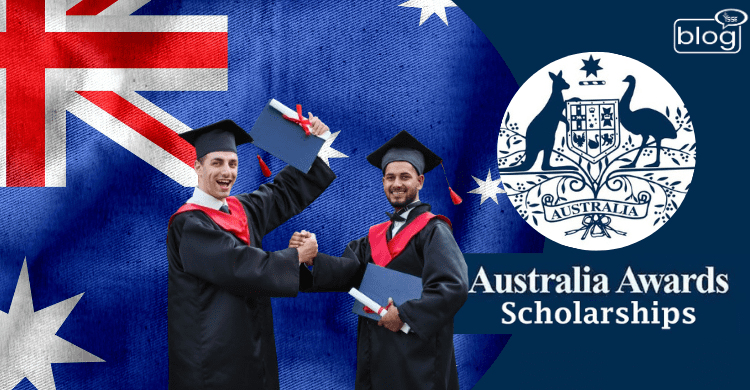Australia is an attractive choice for higher education because of its excellent facilities, welcoming atmosphere, and harmony between both professional and personal life. Capital cities like Melbourne and Sydney are regarded among the best, and great educational institutions, versatile abilities, and a friendly culture make Australia a top choice for international students.
How can I get a full scholarship in Australia?
For many foreign students, the cost of studying abroad can be a major concern, leading many to abandon their objective. The Australian government developed the well-known Australia Awards Scholarships (for Masters only) and the Australian Government Research Training Programme (for research-based master’s and PhD degrees) to alleviate the financial burden of the country’s high education costs.
Let’s know details about Australia Awards Scholarships:
Australia Awards Scholarships are long-term awards administered by the Department of Foreign Affairs and Trade that allow developing countries, particularly those in the Indo-Pacific region, to study at Australian universities while also contributing to their own countries’ development.
Australia Awards Scholarships generally cover the following fees and entitlements:
- full tuition fees
- return air travel
iii. establishment allowance
- contribution to living expenses
- an Introductory Academic Program
- Overseas Student Health Cover
vii. Initial visa expenses
Eligible criteria (As a Bangladeshi Candidate)
- Choose priority areas of study for Bangladesh (Blue Economy, Public Health, Gender, Development, environmental sustainability, Trade Industry, Public Policy, Economics, Governance, Infrastructure Science Engineering, Security studies)
- Level of study: Master’s by Coursework, Master’s by Research.
- Must be from one of the target groups. Target group information will be found here.
- candidate must reside in Bangladesh, be a citizen of Bangladesh, and be applying for a scholarship from Bangladesh
- During the application, selection, or mobilization phases, individuals must not be married, engaged, or de facto to someone with Australian or New Zealand citizenship or permanent residency.
- not be currently serving as military personnel
- must have achieved an IELTS (Academic) score of 6.5 or higher (with no individual band score of less than 6.0)
- Have completed a tertiary-level qualification that is at least equivalent to an Australian Bachelor’s degree
- Preference will be given to candidates who are applying for courses that build on their previous study and full-time relevant work experience of three years
Would you like to know more details about this scholarship? Click on here.
Let’s know details about the Australian Government Research Training Programme
The Research Training Program (RTP) is a grant program that grants block grants to higher education providers (HEPs) to support students pursuing research doctorate and master’s degrees, known as higher degrees by research (HDRs). The program aims to provide flexible funding, equip graduates with the necessary skills for academia and other sectors, and foster collaboration between HEPs industry, and other research end-users.
Students can be offered RTP scholarships for one or more of the following:
- tuition fees offset
- a stipend for general living costs
- allowances related to the ancillary cost of HDRs.
There are no precise qualifications for applying to the RTP scholarship program; however, you must have an offer letter for a research-based master’s or doctorate program from a recognized Australian university. During the application process, simply select “yes” when asked if the candidate has applied for an RTP Scholarship. Then you will be given automatic consideration for the RTP scholarship. RTP scholarships are offered to international students pursuing a research doctorate at a full-time student load for a minimum of 3 years and up to 4 years at the discretion of the HEP, and up to 2 years for research masters students.
To read more blogs, click here
Writer
Abdullah Jaman
Intern, Content Writing Department
YSSE

